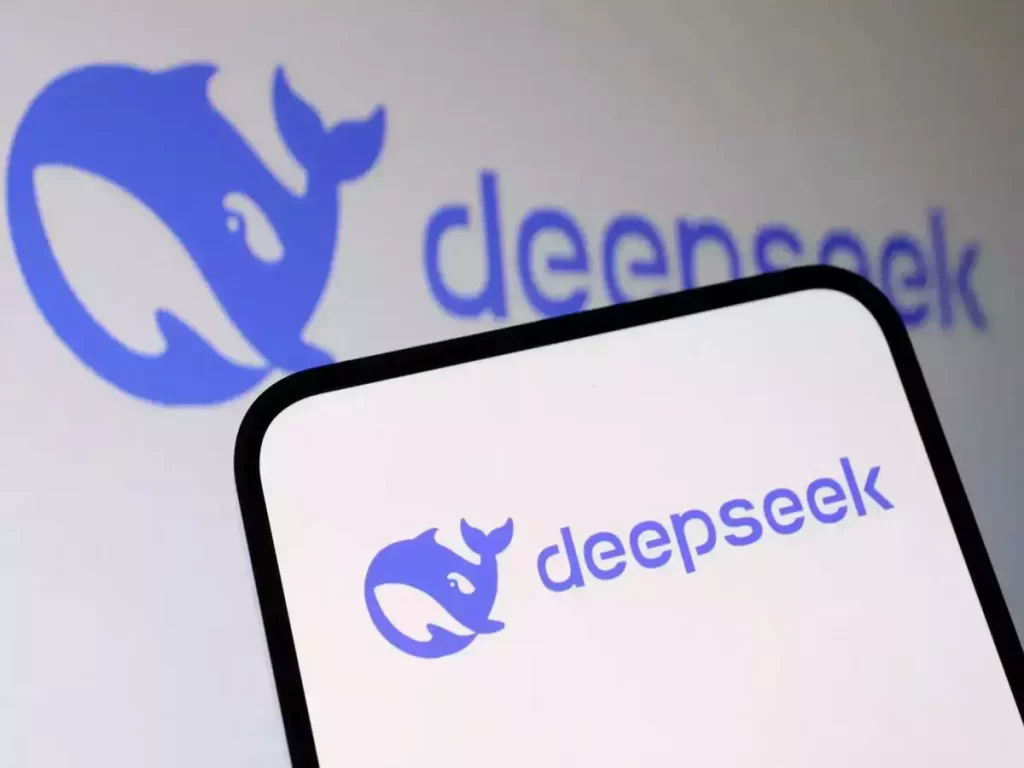A recent data breach involving Chinese AI startup DeepSeek has exposed over one million sensitive records, raising concerns about cybersecurity practices in the rapidly growing AI sector. The breach was discovered by the New York-based cybersecurity firm Wiz, which identified an unsecured ClickHouse database that was publicly accessible online. The exposed data included user chat histories, API keys, backend details, and operational logs. The duration of exposure remains unknown.
Details of the Breach
Wiz security researchers found that the ClickHouse database lacked authentication, making it vulnerable to unauthorized access.
The security lapse raised concerns over potential privilege escalation, which could have allowed attackers to compromise DeepSeek’s systems. DeepSeek secured the database promptly after Wiz reported the issue, but the incident highlights critical vulnerabilities in its cybersecurity framework.
Global Impact and Regulatory Response
The breach has drawn international attention, prompting discussions about data security standards in AI startups. The growing use of AI-driven services has underscored the importance of robust cybersecurity measures to safeguard sensitive user data. Regulatory bodies, particularly in the U.S., have expressed concerns over the handling of private information and potential access by state authorities. Some organizations have taken measures to block DeepSeek’s services due to concerns over data privacy and security.
Additionally, some experts speculate that this incident raises broader concerns about China’s potential use of AI tools as surveillance mechanisms. There are fears that AI-driven platforms could be leveraged to collect foreign citizen data, allowing insights into intellectual capacity and national capabilities. Many argue that Chinese technology products frequently exhibit consistent privacy issues, further exacerbating global concerns.
Company Response and Industry Challenges
DeepSeek has faced scrutiny regarding its privacy policies and its alleged use of OpenAI’s API data without permission. While the company acted swiftly to address the breach, the incident underscores broader cybersecurity challenges within the AI industry. The reliance on cloud-based databases necessitates stringent security protocols to prevent unauthorized access and data exposure.
Implications for AI Security
The DeepSeek data breach serves as a reminder of the critical need for fundamental security practices in AI-driven platforms. As AI continues to expand into various industries, ensuring data protection and regulatory compliance will be essential. Companies must implement stronger security measures to maintain trust and mitigate risks associated with data breaches.
This incident highlights the growing cybersecurity challenges faced by AI companies and the importance of safeguarding user data. With increasing regulatory scrutiny, organizations must prioritize data security to maintain user trust and comply with global privacy standards.













